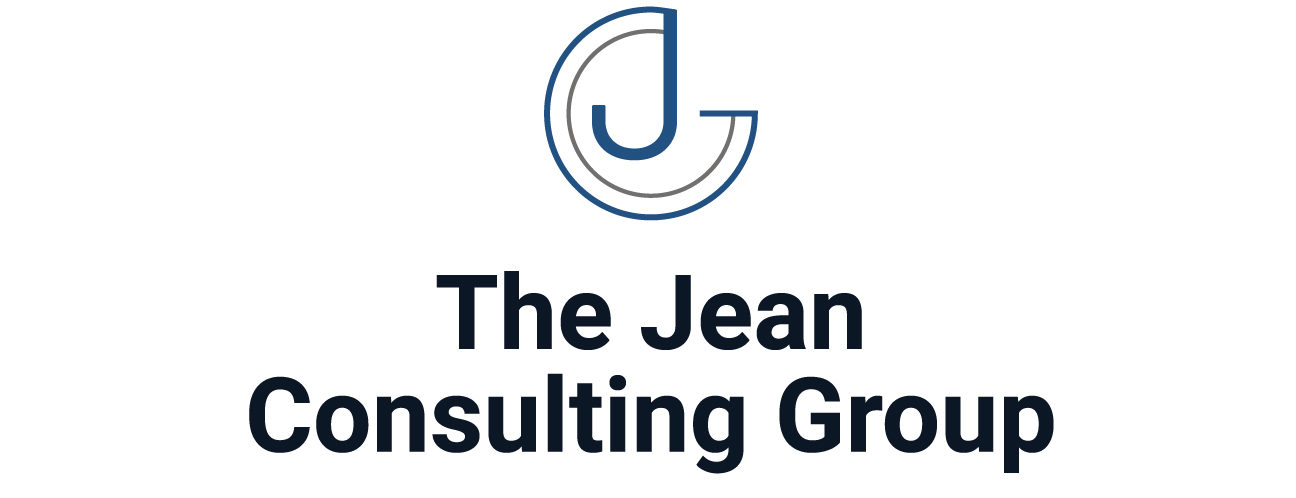In an era where corporate ethics and responsibility are under intense scrutiny, the need for leaders who can navigate complex ethical dilemmas and uphold the highest standards of integrity has never been greater. Supervisory and leadership development programs are pivotal in cultivating these ethical leaders, equipping them with the tools, knowledge, and frameworks necessary to make informed decisions that align with corporate values and societal expectations. This article explores how integrating ethical decision-making and corporate responsibility into supervisory and leadership development can shape leaders capable of steering organizations towards sustainable success and positive societal impact.
Embedding Ethical Decision Making in Leadership Development
The foundation of ethical leadership lies in the ability to recognize, analyze, and navigate ethical dilemmas. Supervisory and leadership development programs must therefore prioritize ethical decision-making as a core component of their curriculum.
- Understanding Ethical Frameworks: Leaders should be familiar with various ethical frameworks and philosophies that can guide their decision-making processes. Training should include discussions on utilitarianism, deontological ethics, virtue ethics, and others, providing leaders with a broad perspective on ethical considerations.
- Real-World Ethical Dilemmas: Incorporating real-world case studies and scenarios into the training allows leaders to practice applying ethical frameworks to complex situations. This experiential learning approach helps leaders develop a nuanced understanding of how to navigate ethical challenges in a business context.
- Fostering Moral Courage: Leadership development must also focus on building moral courage, empowering leaders to make tough ethical decisions and stand up for what is right, even in the face of opposition or adversity. Workshops and role-playing exercises can be effective in developing this critical quality.
Integrating Corporate Responsibility into Leadership Practices
Corporate responsibility encompasses a broad range of practices aimed at ensuring that organizations contribute positively to society and the environment. Leadership development programs play a crucial role in integrating these principles into the fabric of organizational leadership.
- Sustainability and Social Impact: Leaders must understand the importance of sustainability and social impact within the context of corporate responsibility. Training should cover strategies for implementing sustainable business practices and measuring social impact, aligning business objectives with environmental stewardship and community well-being.
- Stakeholder Engagement: Effective leaders recognize the value of engaging with a wide range of stakeholders, including employees, customers, communities, and shareholders. Development programs should teach leaders how to communicate openly and authentically with stakeholders, balancing diverse interests and expectations.
- Ethical Culture and Compliance: Cultivating an ethical corporate culture is a key aspect of corporate responsibility. Leadership training should emphasize the role of leaders in modeling ethical behavior, establishing clear ethical standards, and ensuring compliance with laws and regulations.
Strategies for Effective Implementation
To effectively integrate ethical decision-making and corporate responsibility into supervisory and leadership development, organizations should adopt a multifaceted approach.
- Customized Training Modules: Tailor training modules to reflect the specific ethical challenges and corporate responsibility goals of the organization, ensuring relevance and applicability.
- Ongoing Support and Resources: Provide leaders with ongoing access to resources, mentoring, and support networks to help them navigate ethical dilemmas and corporate responsibility challenges as they arise.
- Evaluation and Feedback: Implement mechanisms for evaluating the effectiveness of training in promoting ethical decision-making and corporate responsibility, using feedback to continuously improve training programs.
Conclusion
By integrating ethical decision-making and corporate responsibility into supervisory and leadership development, organizations can cultivate leaders who are not only equipped to navigate the complexities of the modern business landscape but also committed to leading with integrity and responsibility. These leaders play a crucial role in building trust, fostering a positive organizational culture, and driving long-term, sustainable success that benefits not only the organization but society as a whole. The development of ethical leaders is a strategic investment in the future, ensuring that organizations are led by individuals who prioritize ethical principles and corporate responsibility at every decision point.




